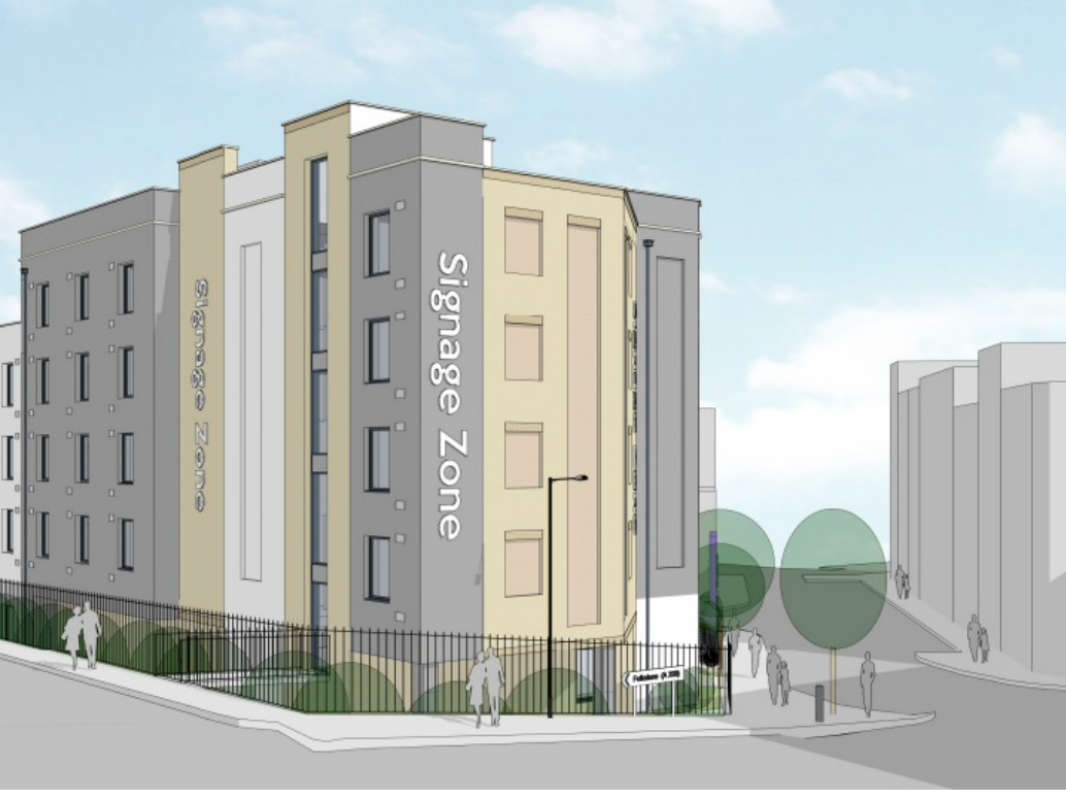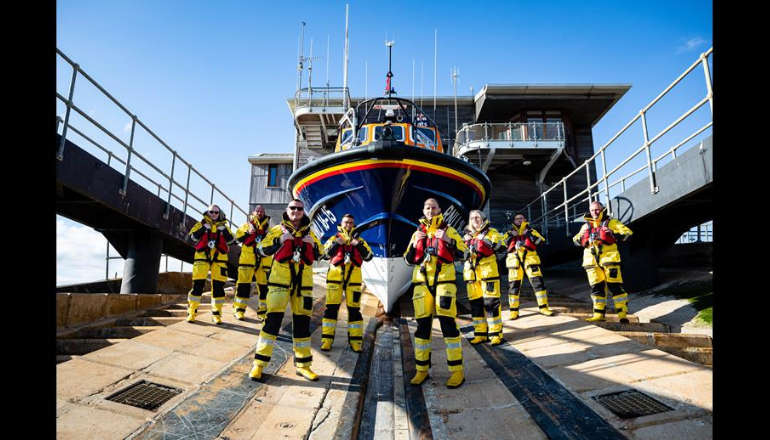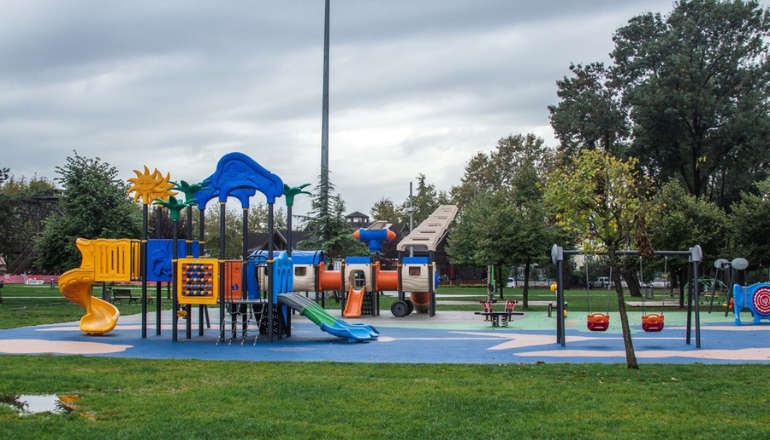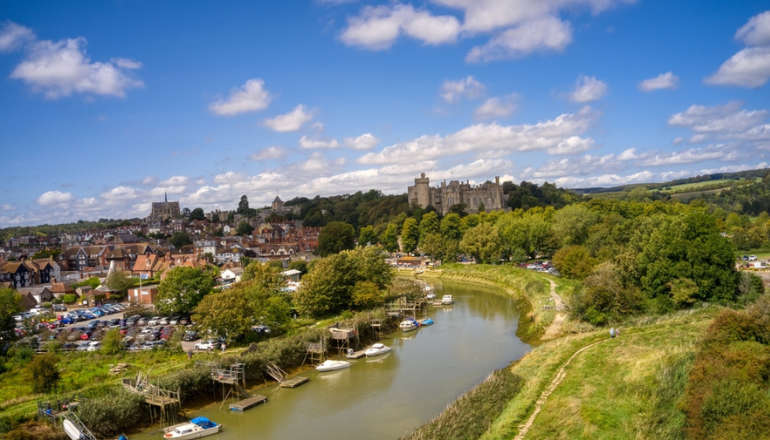
Hastings Borough Council could face legal action if it fails to increase the budget of a hotel building project, senior officers have confirmed.
Confirmation came at a cabinet meeting on Monday (September 4), which saw council leaders consider plans to build an 84-bedroom hotel — to be operated by Premier Inn — at the former Cornwallis Street Car Park.
When first agreed in October 2019, the project was expected to cost around £7m. During the meeting cabinet members backed proposals to increase the project’s capital programme budget to £13.6m.
The final say on this budget increase will come down to a full council vote, which is expected to be held later this month.
This process saw some concerns by Cllr Karl Beaney (Con, West St Leonards), who said:
“This report, it doesn’t include any information on what would happen and what the implications would be if full council fails to agree the increase in budget.
“What I would like to know is have all cabinet members here this evening been informed what the implications would be before you make this decision? And should full council fail to agree the increase what would the implications be?”
In response, the council’s chief executive Jane Hartnell said: “Full council will be advised on the evening that the organisation entered into a contract in February 2021, which is a legally binding contract.
“If you chose as a council not to abide by that contract we would be subject to legal action for not fulfilling its legal duties.”
Further questions came from Conservative group leader Andy Patmore and Green Party councillor Tony Collins.
Cllr Collins asked whether the council was confident there was still a demand for the hotel, given the recent opening of the Vive Hotel in Havelock Road. He was told there was, as there is a significant shortage of hotel beds in the town.
Cllr Patmore, meanwhile, raised concerns about the council’s ability to increase the project’s budget given its well-publicised financial difficulties. He also asked whether it was usual for the council to enter into contracts with no break clauses tied to rising costs.
In response to these questions, Kit Wheeler, the council’s chief finance officer, said:
“What I would say is, if we are legally obliged, contracted, to carry out the programme then we will have to find the finances.”
As discussion continued, council leader Paul Barnett (Lab) stressed that Premier Inn had negotiated an ‘improved offer’ with the council in light of the increased costs. These include: higher rent; a reduced rent-free period; and an extension to the date construction would need to be completed.
He said:
“That’s all very welcome and I am pleased that we have an operator coming into town who wants to build in Hastings so much that they are prepared to reduce their profit on the project by making it easier for us to build the hotel in the first place.”
He added:
“We don’t want to run a council that is starting to run down services and stop planning transformation for the future.
“There are so many issues in Hastings that do need transforming and so many residents who need support that we have to continue to look beyond the horizon of this financial year and the next financial year.”
Much of the detailed financial information about the project was not discussed in public due to its commercial confidentiality. The publicly-available cabinet papers did include some broad strokes, however.
Cabinet papers say the project’s costs have risen partly as a result of new building regulations, which will require the hotel to incorporate low energy measures and reduced carbon emissions.
However, papers said the £13.6m figure also includes a ‘significant contingency budget’.
Cabinet papers also say the value of the hotel as an asset (of which the council will retain a freehold ownership) has increased since the project was first tabled.
Cabinet papers also state that the project is intended to be partly funded through the sale of ‘surplus assets’ as a way to reduce borrowing costs. The use of these funds will also require full council approval.


 Meet The Southern Train Driver Magistrate Delivering Justice In Sussex
Meet The Southern Train Driver Magistrate Delivering Justice In Sussex
 Witnesses Sought Following House Fire In Eastbourne
Witnesses Sought Following House Fire In Eastbourne
 University Of Brighton Recognised As Top Sports Education Provider
University Of Brighton Recognised As Top Sports Education Provider
 Shoreham Harbour RNLI Opens Recruitment For Boat Crew Volunteers
Shoreham Harbour RNLI Opens Recruitment For Boat Crew Volunteers
 Eastbourne man admits stalking woman in Hailsham
Eastbourne man admits stalking woman in Hailsham
 CCTV Appeal After Luggage Stolen From Gatwick
CCTV Appeal After Luggage Stolen From Gatwick
 Appeal After Boy Seriously Injured In Firle Collision
Appeal After Boy Seriously Injured In Firle Collision
 Boy Charged After Knife Incident On Brighton Bus
Boy Charged After Knife Incident On Brighton Bus
 Play Area Refurbishment In Chichester Moves A Step Forward
Play Area Refurbishment In Chichester Moves A Step Forward
 Captivating Water Projection And Light Show To Be Held At Arundel Lido
Captivating Water Projection And Light Show To Be Held At Arundel Lido